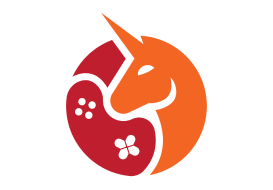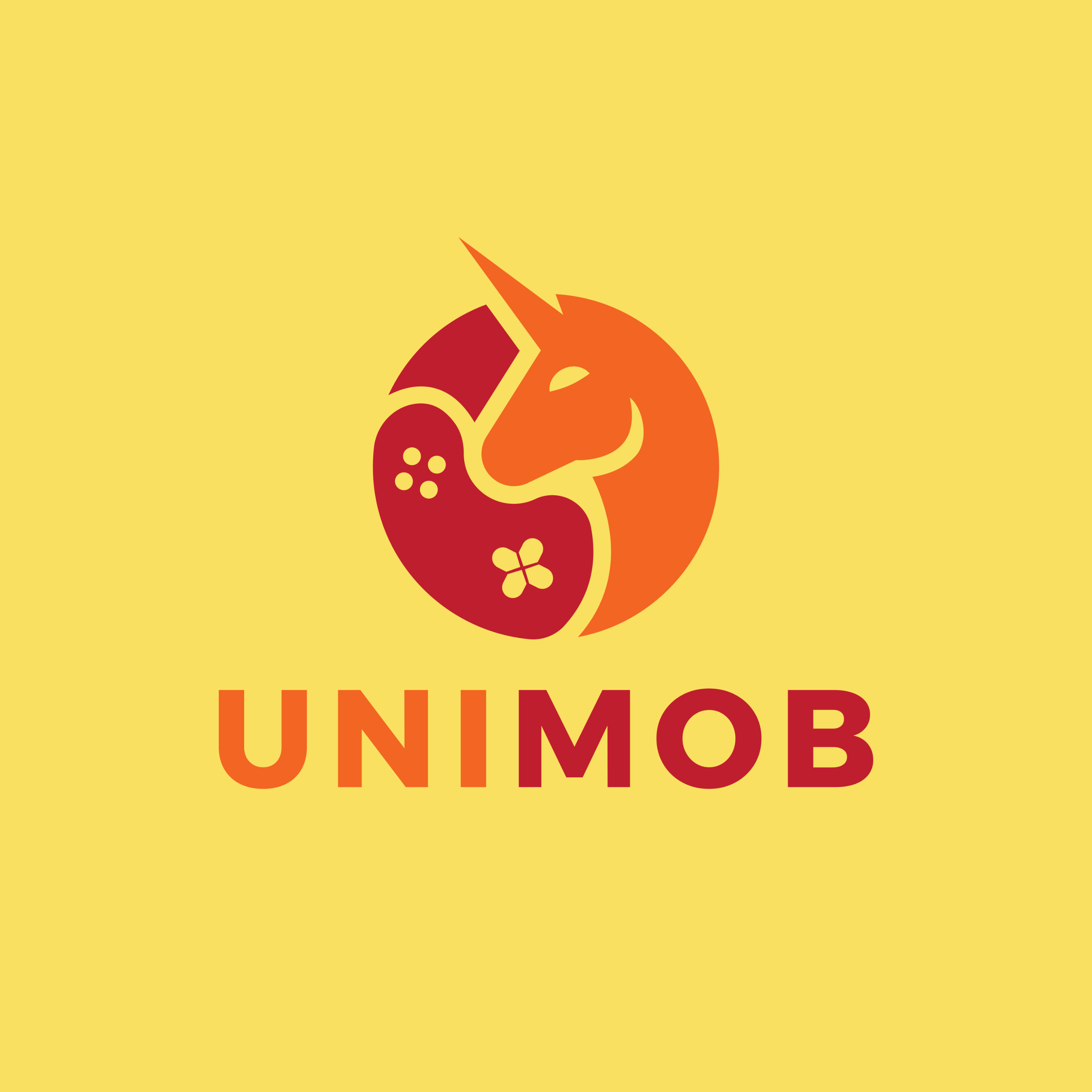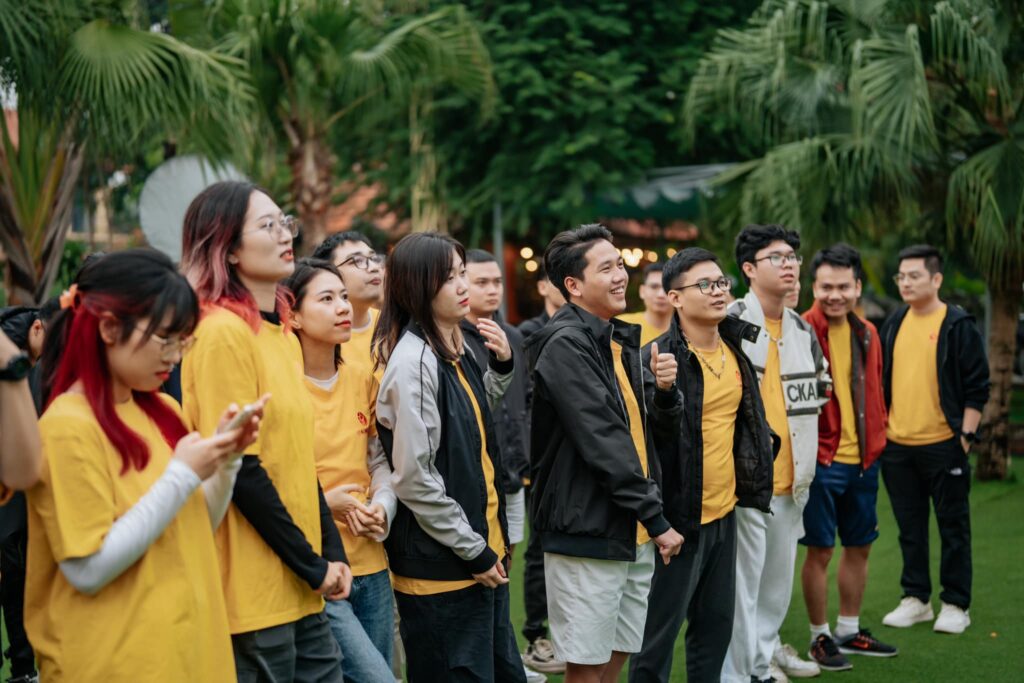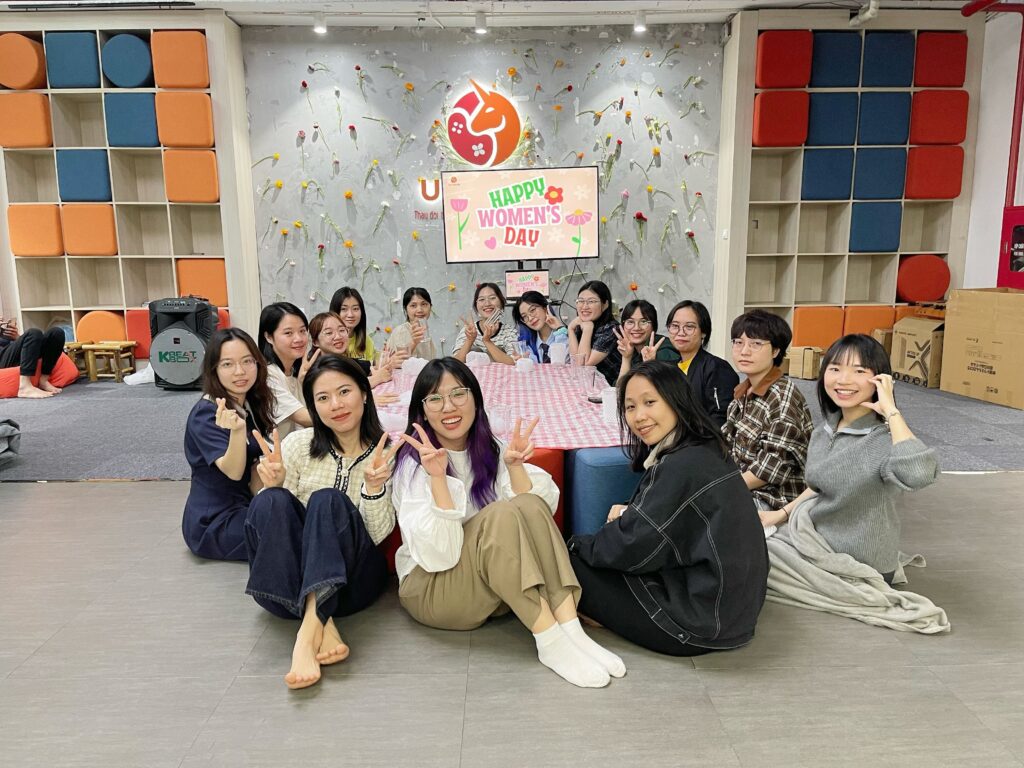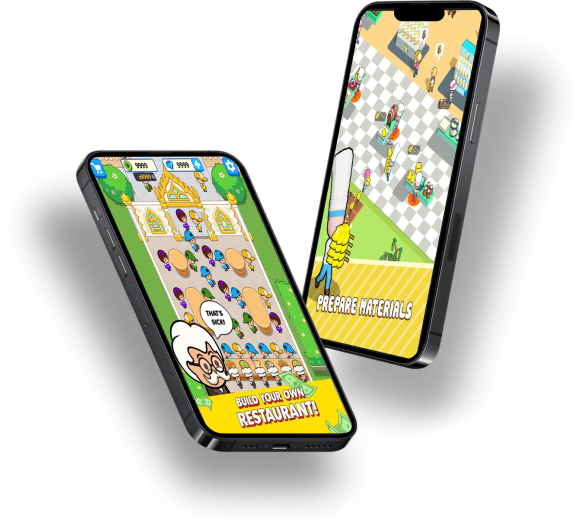DISCOVER UNIMOB’S PRODUCT TEAM
A Beautiful Day to “Explore Unimob”
At Unimob, successfully launching a mobile game product requires the collaboration of all departments within the company. This includes the Product Team, who are responsible for the production and development of the product, utilizing a diverse set of complementary skills to deliver the highest quality game to the market; the dynamic and creative Marketing Team, who execute strategies to bring the product closer to the players; and the Back Office, which consistently supports and plays a crucial role in the operation of the entire team.
Today, let’s join the admin in discovering the interesting positions and tasks within our Product Team!
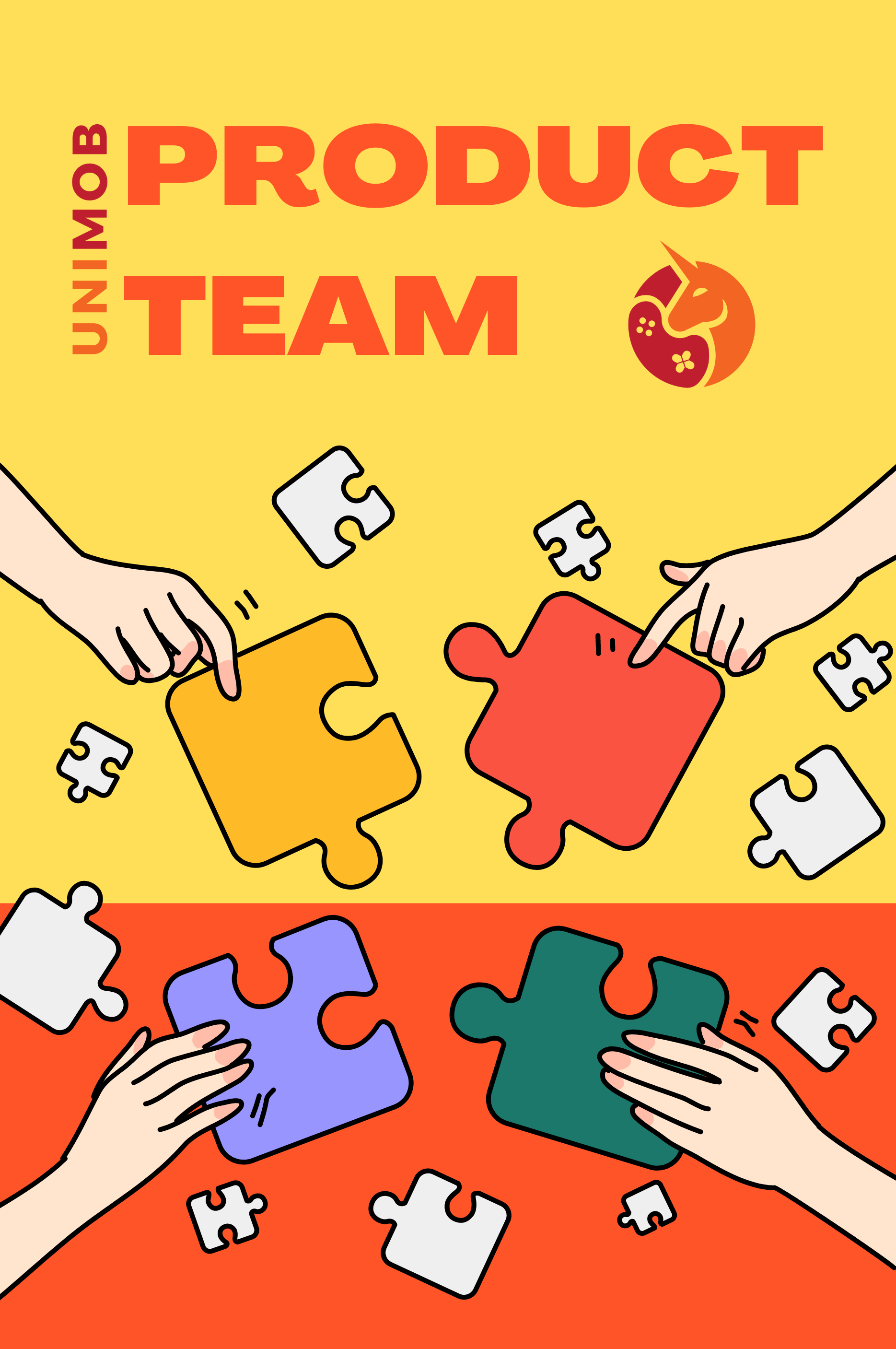
1. Product Owner
The Product Owner (PO) is responsible for defining and communicating the product vision to the development team and stakeholders. They ensure that everyone understands and works towards the common goal.
- Define the product vision: The PO establishes and maintains the product vision, ensuring it aligns with the company’s goals and customer needs.
- Create and maintain the product backlog: The PO prioritizes and manages the product backlog, ensuring that the development team is always working on the most important aspects of the product.
- Ensure product coherence: The PO ensures that all parts of the product are tightly integrated and align with the initial vision.
- Review and approve product features: The PO reviews and approves product features, ensuring they meet the established quality criteria and standards.

2. Scrum Master
In game production, the Scrum Master ensures that the Scrum methodology is implemented correctly and effectively, helping the development team work optimally.
- Ensure adherence to Scrum principles: The Scrum Master ensures that the entire team follows the principles and rules of Scrum.
- Collaborate with the Product Owner: The Scrum Master works closely with the Product Owner to help manage the product backlog and plan sprints.
- Foster a positive work environment: They create a supportive and positive work environment for the development team, promoting collaboration, open communication, and mutual respect within the team.

3. Game Design
The role of a game designer involves a diverse range of tasks and aspects in the development process of a video game.
- Generate initial game ideas: Create initial concepts for the game, defining its theme, genre, and style.
- Define objectives and overall vision: Establish the goals and overarching vision for the game, ensuring that levels are designed to be balanced, engaging, and aligned with the storyline and gameplay mechanics.
- Collaborate with other team members: Work closely with programmers, artists, sound designers, and other team members to ensure all elements of the game work harmoniously together.
A game designer needs to be creative, possess good communication skills, have strong analytical and problem-solving abilities, and be patient and capable of working well in a team.

4. Game Artist
Game Artists play a crucial role in creating the visual world of a game.
- Develop concept art: Create concept art based on the initial game ideas.
- Collaborate with team members: Work with game designers, programmers, and other team members to ensure all artistic elements work harmoniously together.
- Possess strong creative skills: A game artist needs strong creative abilities, proficiency with design tools, and effective teamwork and communication skills.

5. Game Animation
A game animator is responsible for creating the movements and behaviors for characters, objects, and environments within the game.
- Ensure smooth and realistic movements: Create animations that are smooth, realistic, and fit the game’s style.
- Blend artistic and technical skills: A game animator must combine artistic and technical skills, along with the ability to work well in a team and communicate effectively.

6. Game Developer
A game developer plays a crucial role in turning ideas and designs into a functioning game.
- Write code: Implement game features and mechanics by writing code. At Unimob, Unity game engine is used for game development.
- Ensure system efficiency and optimization: Ensure systems operate efficiently and are optimized.
- Optimize code and assets: Optimize code and assets to ensure the game runs smoothly on various devices and platforms.
- Develop updates and patches: Create updates and patches post-release.
- Stay updated with industry trends and technologies: Keep abreast of the latest trends and technologies in the game industry.

7. Game Tester
A game tester plays a crucial role in ensuring the quality and experience of a game before its release.
- Test all features and mechanics: Check all game features and mechanics to ensure they function as expected.
- Identify and report functional bugs: Find and report bugs such as non-working actions, missing features, or improperly functioning features.
- Test on various devices and configurations: Verify game compatibility across different devices, operating systems, and hardware configurations.
- Communicate with the team: Discuss bugs and necessary improvements with developers, designers, and other team members.
A game tester needs to be meticulous, have good observational skills, and possess effective communication abilities.

8. Data Analyst
The responsibilities of a data analyst include:
- Collect and process data: Gather and process data relevant to the game and its users.
- Analyze player behavior: Study and interpret player behavior to improve gameplay and user experience.
- Analyze and forecast revenue: Evaluate and predict revenue streams.
- Measure marketing and ad campaign effectiveness: Assess the performance of marketing and in-game advertising campaigns.
- Analyze market and competition: Examine market trends and competitor performance.
- Participate in strategic meetings: Provide data-driven recommendations and solutions during strategic meetings.

9. Community Care
The responsibilities of a Community Care specialist include:
- Develop and maintain player communities: Build and manage player communities on social platforms and forums to enhance interaction and player engagement.
- Provide support and answer questions: Offer technical support and respond to player inquiries through channels such as email, community groups, etc.
- Manage social media: Post content including articles, images, videos, and other materials to promote sharing and interaction from players.
- Propose and implement strategies: Develop and execute strategies to increase community engagement and commitment to the game.
The role of a Community Care specialist is to build and sustain a strong and positive community around the game while also helping to enhance and protect the product’s brand image in the eyes of players.

